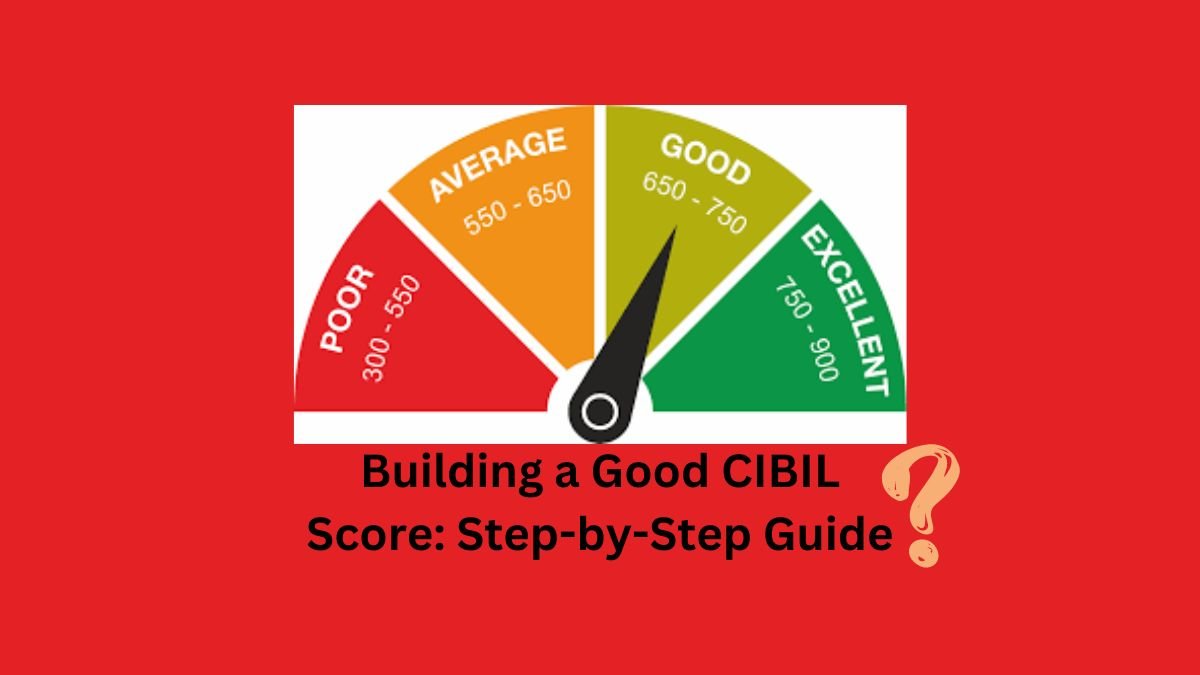Your CIBIL score is a vital metric in the world of finance. It acts as a report card, summarizing your credit history and reflecting your creditworthiness to potential lenders. A good CIBIL score, ideally above 750, unlocks a plethora of financial benefits, including easy loan approvals, favorable interest rates, and access to better credit card deals. But how exactly is your CIBIL score calculated, and what factors influence it? This blog post dives deep into the world of CIBIL scores, empowering you to understand its significance and take control of your credit health.
What is a CIBIL Score and Why Does it Matter?
Calculated by TransUnion CIBIL, a credit bureau in India, your CIBIL score is a three-digit numerical representation of your credit behavior. It typically ranges from 300 to 900, with a higher score signifying a lower credit risk and a more attractive borrower profile. Lenders rely heavily on your CIBIL score to assess your creditworthiness before approving loans or credit cards. A good CIBIL score opens doors to a multitude of financial opportunities, allowing you to secure loans for essential needs like buying a home or car at competitive interest rates. Conversely, a low CIBIL score can hinder your financial goals, making it difficult to obtain credit or resulting in unfavorable loan terms with high-interest rates.
Demystifying the CIBIL Score Calculation
Several key factors come into play when calculating your CIBIL score. Let’s explore these factors in detail:
Payment History (35%): This holds the most significant weightage in your CIBIL score calculation. Timely repayments of your EMIs, credit card bills, and other loans positively impact your score. Conversely, late payments, defaults, or loan settlements can significantly bring down your CIBIL score.
Credit Utilization Ratio (30%): This ratio reflects the percentage of your available credit limit that you’re currently utilizing. Ideally, you should aim to keep this ratio below 30% to demonstrate responsible credit management. Maxing out your credit cards or exceeding your credit limits can negatively affect your CIBIL score.
Credit Mix (10%): Having a diverse credit mix, including both secured loans (like home loans or car loans) and unsecured loans (like credit cards), showcases your ability to manage various credit types responsibly. A healthy mix can improve your CIBIL score.
Length of Credit History (15%): A longer credit history with a consistent record of on-time repayments positively influences your CIBIL score. This signifies your creditworthiness and financial stability over time. Maintaining old credit accounts and avoiding frequent closure of credit lines can strengthen your credit profile.
New Credit Inquiries (10%): Making frequent applications for new loans or credit cards within a short period can negatively impact your CIBIL score. These inquiries are reflected in your credit report, and lenders may view them as a sign of potential financial stress.
Understanding CIBIL Score Ranges and Their Implications
Once calculated, your CIBIL score falls within a specific range:
- Below 600: Poor
- 600 to 650: Fair
- 650 to 750: Good
- Over 750: Excellent
These ranges categorize your creditworthiness as a borrower. A CIBIL score above 750 indicates a low credit risk and makes you a highly attractive borrower in the eyes of lenders, potentially qualifying you for the most favorable loan terms and interest rates. Conversely, a score below 650 suggests a high credit risk, making it challenging to secure loans or resulting in offers with high-interest rates and stricter terms.
Improving Your CIBIL Score: Taking Control of Your Financial Health
If your CIBIL score falls below the desired range, there’s no need to despair. You can take proactive steps to improve it over time:
Obtain Your Credit Report: The first step is to get a copy of your credit report from CIBIL. This report details your credit history and helps you identify any errors or discrepancies that might be negatively impacting your score.
Ensure Timely Bill Payments: Paying your bills and EMIs on time is crucial. Late payments and defaults can significantly damage your CIBIL score.
Maintain Low Credit Utilization: Keep your credit card balances low and avoid exceeding your credit limits.
Limit New Credit Applications: Avoid applying for multiple loans or credit cards in a short period.
Diversify Your Credit Mix: Consider including a mix of secured and unsecured loans in your credit portfolio.
Monitor Your Score Regularly: Regularly monitor your CIBIL score to stay informed about your credit health. Many financial institutions and online platforms offer free credit score checks, allowing you to track changes and take corrective actions promptly.
5 Proven Strategies to Improve Your Credit Score in year 2024
Your credit score is a vital metric in today’s financial landscape. It acts as a report card, informing lenders of your creditworthiness and influencing your
Why Sensex and Nifty Are Hitting Record Highs
The Indian stock market has been on a tear lately, with both the Sensex and Nifty reaching new record highs on April 8, 2024. This
